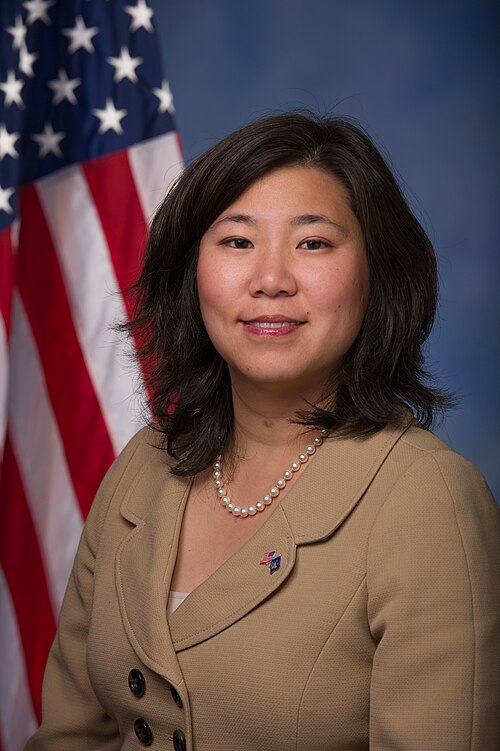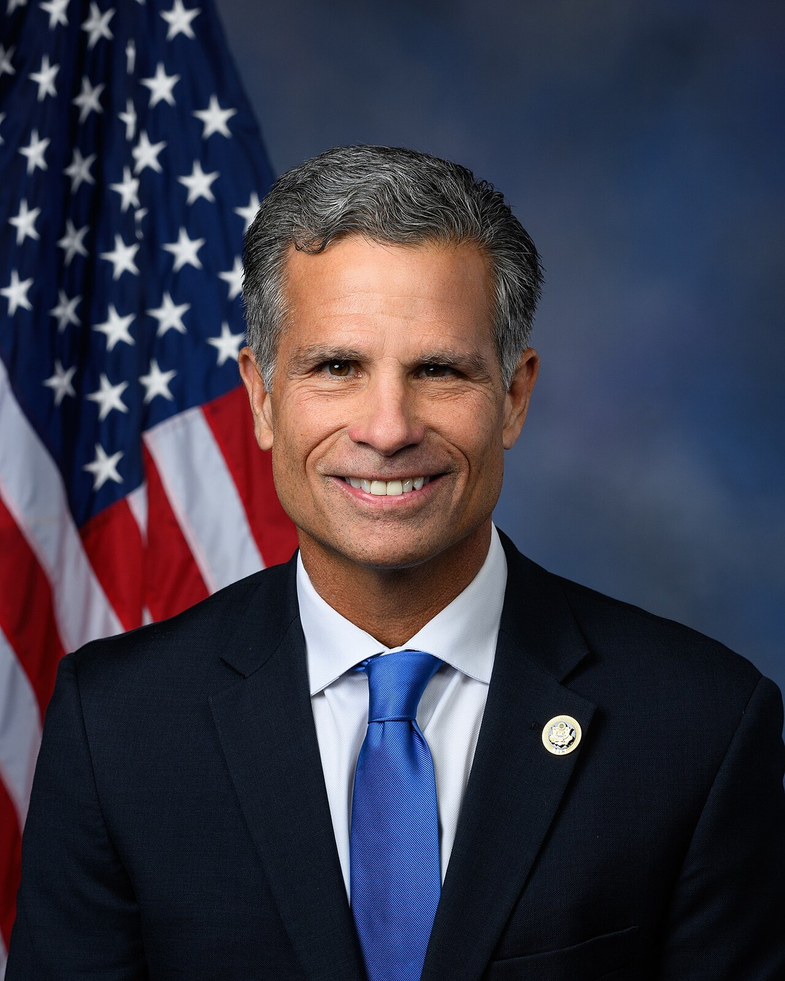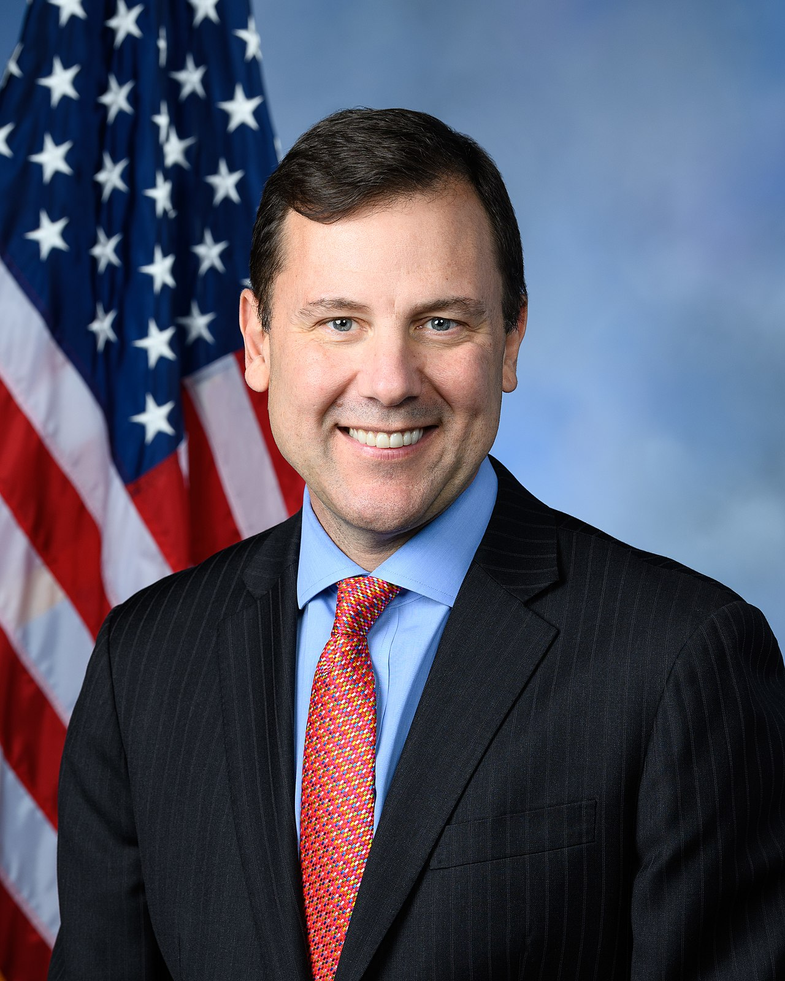H.R. 5027: Ban Harmful Food Dyes Act
This bill, titled the Ban Harmful Food Dyes Act, aims to amend the Federal Food, Drug, and Cosmetic Act by declaring certain color additives as unsafe for use in food. Starting January 1, 2027, if a food product contains any of these specified color additives, it will be considered adulterated. This means that the food does not meet safety standards and is not suitable for consumption.
Key Provisions
- The bill identifies specific color additives to be banned, which include:
- Red No. 40
- Red No. 3
- Yellow No. 5
- Yellow No. 6
- Blue No. 1
- Blue No. 2
- Green No. 3
- Orange B
- Citrus Red 2
- Titanium Dioxide
- Any additive that is substantially similar to the listed additives
- If a food product contains any of these colored additives, it will be classified as adulterated under the law.
Impact of the Bill
The primary impact of this legislation is on food manufacturers that use the specified color additives in their products. These companies will need to reformulate their products to remove these additives or face potential legal implications for selling adulterated food items.
Objective
The overall objective of the bill is to enhance food safety by removing color additives that may be harmful to health. The sponsors of the bill are advocating that these changes will contribute to better public health outcomes.
Relevant Companies
- KO (Coca-Cola Company) - May need to reformulate products that contain banned color additives.
- PEP (PepsiCo, Inc.) - Similarly may face changes in product formulations if banned color additives are used.
- MDLZ (Mondelez International, Inc.) - If certain color additives are in its snack products, reformulation will be necessary.
This is an AI-generated summary of the bill text. There may be mistakes.
Sponsors
1 sponsor
Actions
2 actions
| Date | Action |
|---|---|
| Aug. 22, 2025 | Introduced in House |
| Aug. 22, 2025 | Referred to the House Committee on Energy and Commerce. |
Corporate Lobbying
0 companies lobbying
None found.
* Note that there can be significant delays in lobbying disclosures, and our data may be incomplete.





































